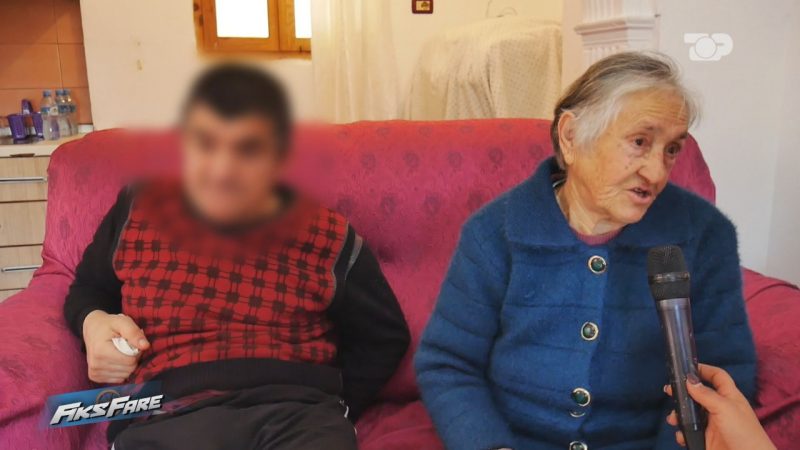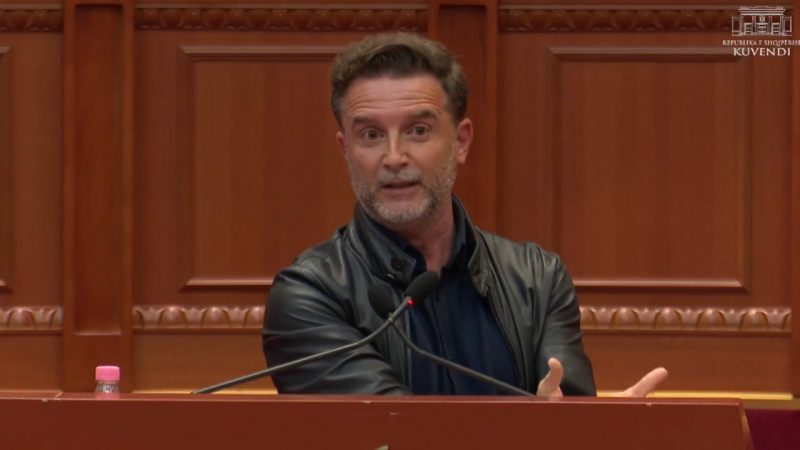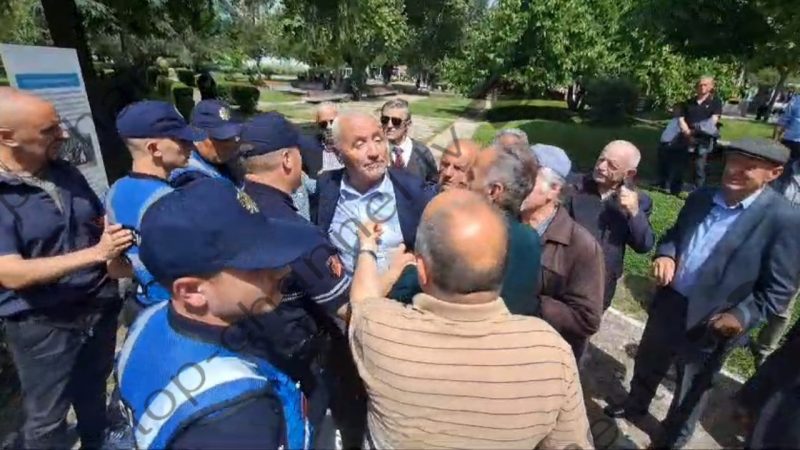 53-year-old paralyzed since birth has his disability assistance removed, Fiks Fare solves the problem as elderly mother asks: What will happen when I’m gone?
53-year-old paralyzed since birth has his disability assistance removed, Fiks Fare solves the problem as elderly mother asks: What will happen when I’m gone?
10/06/2011 20:15

Some months ago, the Commission of Laws asked the Parliament to suspend the voting procedure for the approval or disapproval of seven decrees of the Albanian President, four of which were for the candidates of the Constitutional Court, three for Supreme Court members. Although the Democratic Party has proposed to reject most of the Presidential […]
Some months ago, the Commission of Laws asked the Parliament to suspend the voting procedure for the approval or disapproval of seven decrees of the Albanian President, four of which were for the candidates of the Constitutional Court, three for Supreme Court members.
Although the Democratic Party has proposed to reject most of the Presidential decrees with its majority at the Commission of Laws, before taking this decision, they asked an interpretation from the Constitutional Court, including 5 cases in this.
Some months ago, the Constitutional Court accepted to give a final decision for only two of these articles.
For the other articles, the Court ruled that those are either matters whose interpretations have been previously made, as in the case of the essential competences of the President for decreeing members of the Supreme and Constitutional Courts, and the essential competences of the Parliament for giving its consent or not; or that two of these issues raised by the majority do not belong to its jurisdiction, because, in essence, they have to do with the vagueness of this law, and there is no request for solving concrete disagreements between institutions.
However, both Constitution articles for which the Court accepted to give interpretations were the most important ones.
One of them has to do with what must be considered as “high qualification” for the candidates that the President decrees.
In this point, the Constitutional Court ruled that during his exercise of powers for decreeing the judges of the Constitutional Court, the Albanian President must cooperate with the Parliament in order to determine the legal criteria that insure a qualitative composition of this Court.
Regarding the other request of the Democratic Party, which had noted that the Constitutional Court has been violating for some time the constitutional principle of having one third of the members renewed every three years, and that some judges are staying some years more than they should in that position, the Constitutional Court ruled that this problem really exists.
But the decision argues that this is not a problem that belongs to the Constitutional Court, in which this Court can intervene with its interpretation, but it is a problem of the law.
For this reason, the Constitutional Court recognizes the right and obligation of the Parliament for finding and implementing the appropriate mechanism that can repair this problem. But until then, when the Parliament will approve this law that requires votes from the opposition, the Constitutional Court says that it will continue to function with the judges whose mandate has ended, in order to keep the necessary majority of 23 for taking the decisions.
Top Channel
 53-year-old paralyzed since birth has his disability assistance removed, Fiks Fare solves the problem as elderly mother asks: What will happen when I’m gone?
53-year-old paralyzed since birth has his disability assistance removed, Fiks Fare solves the problem as elderly mother asks: What will happen when I’m gone? 10/05 21:21







